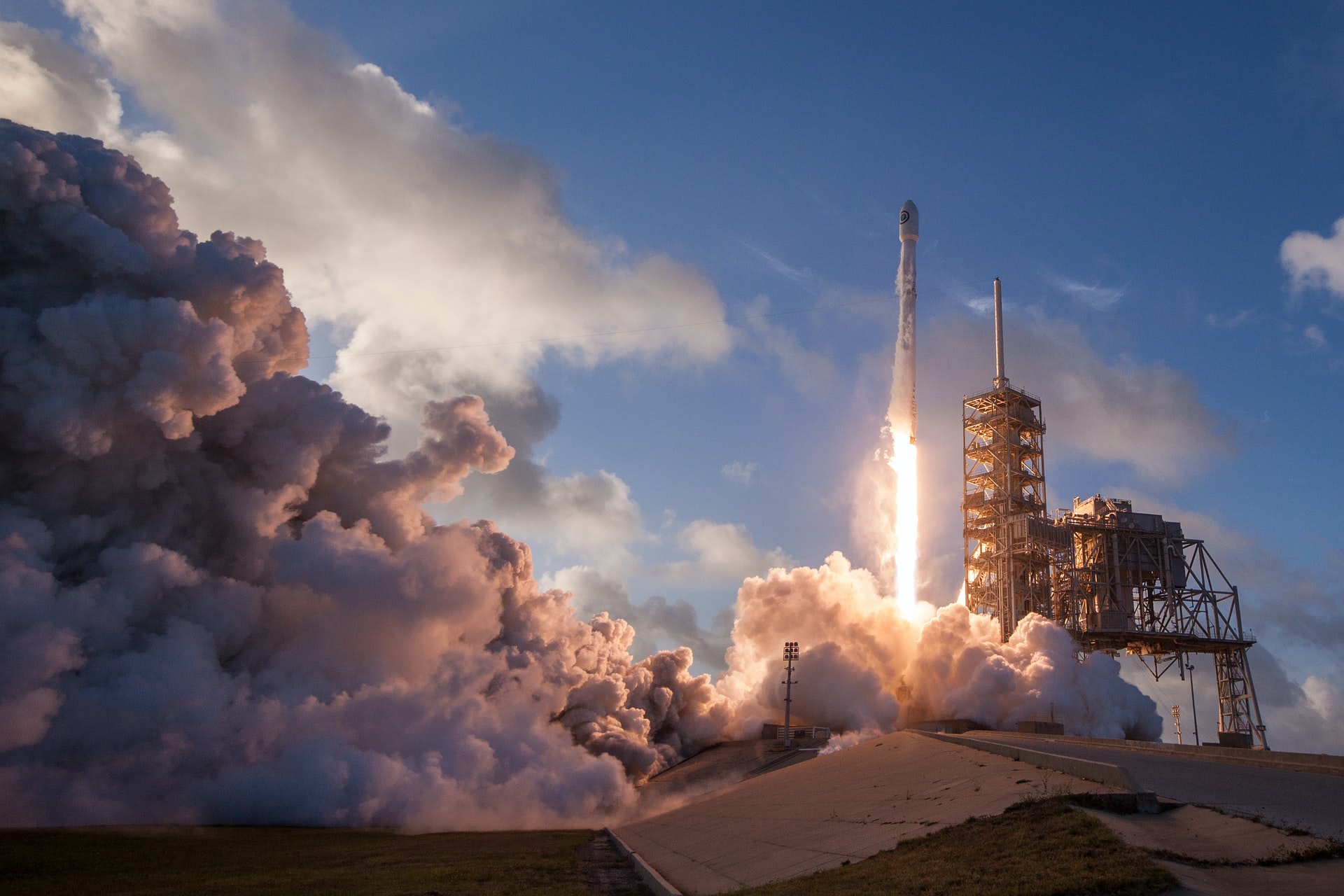"Energy cannot be created or destroyed; it can only be changed from one form to another."
-Albert Einstein
Energy trends in today's world are calling out for the 4th Industrial Revolution. Over the decades, we have focused on streamlining resources in such a way that it enhances production, be it steam engine, mass production of things or the Digital revolution of the 1960s. However, keeping in mind the alarming levels of pollution and global temperatures rising by 2℃, it is high time for innovative measures to take the lead and provide us with clean energy solutions, curbing our overall carbon footprint.
Evolution of the Energy Sector Over Time
Innovations and ideas of history can guide us towards a better tomorrow.
was a period during which predominantly agrarian, rural societies in Europe and America became industrial and urban.
- The first Industrial Revolution began in Britain, where the power of steam was harnessed. The invention of the steam engine led to the creation of factories as it enabled new manufacturing processes.
- One century later came to the second Industrial Revolution, which was characterized by inventions like the light bulb, internal combustion, and the telephone. It began an era in mass production with the coming up of new industries like steel, oil, and electricity.
- In the 1960s came the third Industrial Revolution with the invention of the semiconductor, the personal computer, and the revolutionary internet. It was also termed the “Digital Revolution," which ushered in an era of automation that continues today.
While these inventions led to fundamental changes in society, they had some major repercussions on the environment, which have to be taken care of in the next industrial revolution.
Time for an Energy Shift
In 2016, the World Economic Forum Annual Meeting in Davos, Switzerland focused on the 4th Industrial Revolution.
Klaus Schwab, executive chairman of the forum, said he perceives the
"brink of a technological revolution that will fundamentally alter the way we live, work and relate to one another."
In their scope, scale, and complexity, these changes will be "unlike anything humankind has experienced before," which will transform "entire systems of production, management, and governance," he said.
This Fourth Industrial Revolution, Schwab said, "is blurring the lines between the physical, digital and biological spheres."
Clean energy solutions are the need of the hour, and the 4th IR leads the way to that.
How? Let us explore.
Going Digital
With over 4.66 billion users of the internet across the globe, the next major change in the lives of people will definitely be led by digital technology.
And going digital means getting smart.
We can foresee smart industries and smart factories shortly. But what forms its basis is efficient energy consumption with the help of evolving Internet of Things technology.
Over time as energy becomes increasingly digital with sensors, while also becoming more decentralized with energy coming from a local solar photovoltaic, wind, or microgrid system, users will have even more control and ability to manage their energy usage.
Thus it is high time we have industry 4.0
The Blue Ocean Strategy
Blue Ocean Strategy market essentially focuses on capturing untapped demands by innovating new products, thus canceling out the competition. And that's exactly what the 4th Industrial Revolution entails for energy services.
Historically, electricity ran the show in all three industrial revolutions. It leveraged the technology of the steam turbine, powered the assembly lines, and laid the foundation of electric-powered communication devices and computers. But the relationship between the revolutions is more.
At the start, the 1 IR promoted investment in alternating-current technology. Then, the technological know-how of mass-produced warplanes from the 2 IR informed the design of gas-powered generation turbines. This technological understanding paved the way for investment in gas-powered electric generation. Today, the gas-powered sector has one of the highest efficiencies as compared to other thermal-powered production technologies. Similarly, today’s power exchanges cannot operate without 3 IR technology, such as computers and communication networks.
"The 4th IR will catalyze change in all of the subsectors of the Power Sector, which includes generation, distribution, and transmission."
Thus in the 4th revolution, we can expect a host of advancements in big data, material sciences, IoT, and biosciences. These are set to affect all the sectors, including the power sector.
Clean Energy
Such a digital development will not be without keeping nature as the top priority. With pollution levels rising at an alarming rate, we need to adapt to renewable energy sources. The United Nations in 2015 adopted the Sustainable Development Goals- development in a way that fulfils the needs of the present generation without compromising on the ability of future generations to meet their needs.
The World Economic Forum’s 2016 meet came after the Paris Agreement of 2015, in which more than 190 nations committed to reducing greenhouse gases and carbon emissions.
Such technologies are being developed which effectively link information technology, nanotechnology, industrial technology, and biology. For instance
- Precision farming to reduce the use of chemicals and improve yields
- Enhancing solar cells by making after the physical design of the leaves
Inspiring new solutions in healthcare by sophisticated mapping and engineering ideas augmented with the idea of natural systems
But is it as easy as it is said?
Some Challenges to Implementation
There is no doubt that technology is changing faster than ever. To conserve our energy consumption and reroute the earth’s progress towards a better and healthier tomorrow, we are increasingly relying on data-driven technologies.
“It took 75 years for 100 million people to get access to the telephone; the gaming app 'Pokemon Go' hooked that many users in less than one month in 2016.”
Companies and factories are relying on technologies like augmented reality, 3D printing, and artificial intelligence. However, those who happen not to be data literate, leave alone data scientists, will definitely lag in this fast-paced, ever-evolving world of technology.
So much so that, Studies point out that the 4th Industrial revolution will eliminate several jobs while creating a demand for new ones. Moreover, some experts are of the opinion that it can usher in a ‘winner takes all economy’ were agile, and high-skilled workers get the jobs while those without the skills are left behind.
Conclusion
But such technological breakthroughs will lead us to a better tomorrow. So indeed, governments can work towards skilling their human resources and, in turn, making them enablers of the change.
Human imagination and mental capabilities know no bounds, as opportunities come in disguise of challenges. We can surely come up with sustainable energy management systems which will lead us towards a healthier tomorrow.






Comments